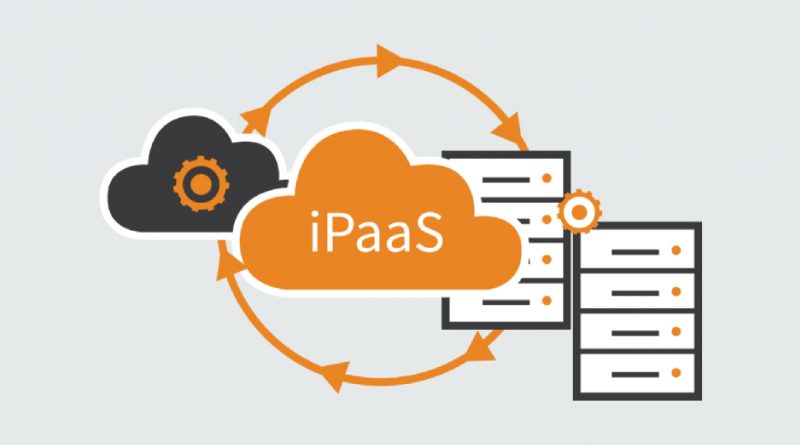How To Choose the Right iPaas Provider for Your Business
Data has become a presence in just about every facet of our lives, and businesses across all lines of industry are no exception. Taking historical data and real-time information drives better decision-making, which leads to better customer service and bigger profits. One of the technologies that are helping to move data forward is an integration Platform as a Service (iPaaS). This software can be used in different scenarios where you need to connect, migrate, or replicate data between applications in a fast, easy, and flexible way.
Post Content
What is iPaaS?
When exploring the facets of an iPaaS platform, it’s important to remember that these cloud-based services are designed to be simple to use. IPaaS automates and simplifies data integration activities between different applications just about every time. With the explosion of available SaaS applications, the need for a simpler way to connect and manage all the data from them has grown. Traditional data integration tasks were typically left up to your IT department, which resulted in significant disruptions in workflow automation, slowing down the speed of business requirements.
An iPaaS is a vital component within a digital transformation initiative, allowing businesses to exchange data between applications in near real time to streamline business processes, enhancing the employee and customer experience alike. You can also migrate data from legacy applications to modern cloud services, making organizations more agile in their transformation of data. The use of these integration platforms also helps with data replication for the sake of analytics, creating a single view of formatted data across multiple sources within a data warehouse, even making it easier to integrate external data.
How can iPaaS help a business move forward?
A leading iPaaS provides speed, agility, and economics of cloud computing to the benefit of just about any business. IPaaS platforms help accelerate integration initiatives to reduce time in integrating applications, making integrations available much more quickly to speed transformation. This also affords organizations the ability to provide pre-built, validated connectors that are already integrated with application-specific APIs. Vendors commit to maintaining connectors and ensuring compatibility with key applications across all data sources.
IPaaS tools can be used by integration specialists, business analysts, and even citizen integrators, allowing organizations to expand the pool of people creating and managing data integration. This reduces the burden on an IT department, so they can focus on higher-value activities. IPaaS helps change these integrations rapidly, a necessity within the world of digital transformation where a consistent user interface is needed. A digital business exploits technologies to create new business models in which the physical and digital worlds combine for high speed and efficiency.
What else can iPaaS do?
An iPaaS offering is accessible from just about anywhere that offers an internet connection. These services automatically scale to provide the right amount of resources to meet the demands of data integration within a respective organization. A robust iPaaS provides a library of connectors, allowing applications to communicate no matter where they are hosted. IPaaS usually provides two types of connectors: some for specific applications and some for the support of communication protocols. These expose the fields and the entities from the specific configurations to create integration.
An iPaas moves data between sources and applications to take in and push out information to a targeted destination based on the needs of the organization. IPaaS understands the need for data in specific formats in order to process it accurately. Throughout any business model, there is more of a need than ever to focus on data transformation, mapping, and transforming information to match the requirements of sources and target applications. The user interface of iPaaS helps users design the logic of integration to create workflows, monitoring, and manage those integrations, making for faster time and turnaround for business decisions.




